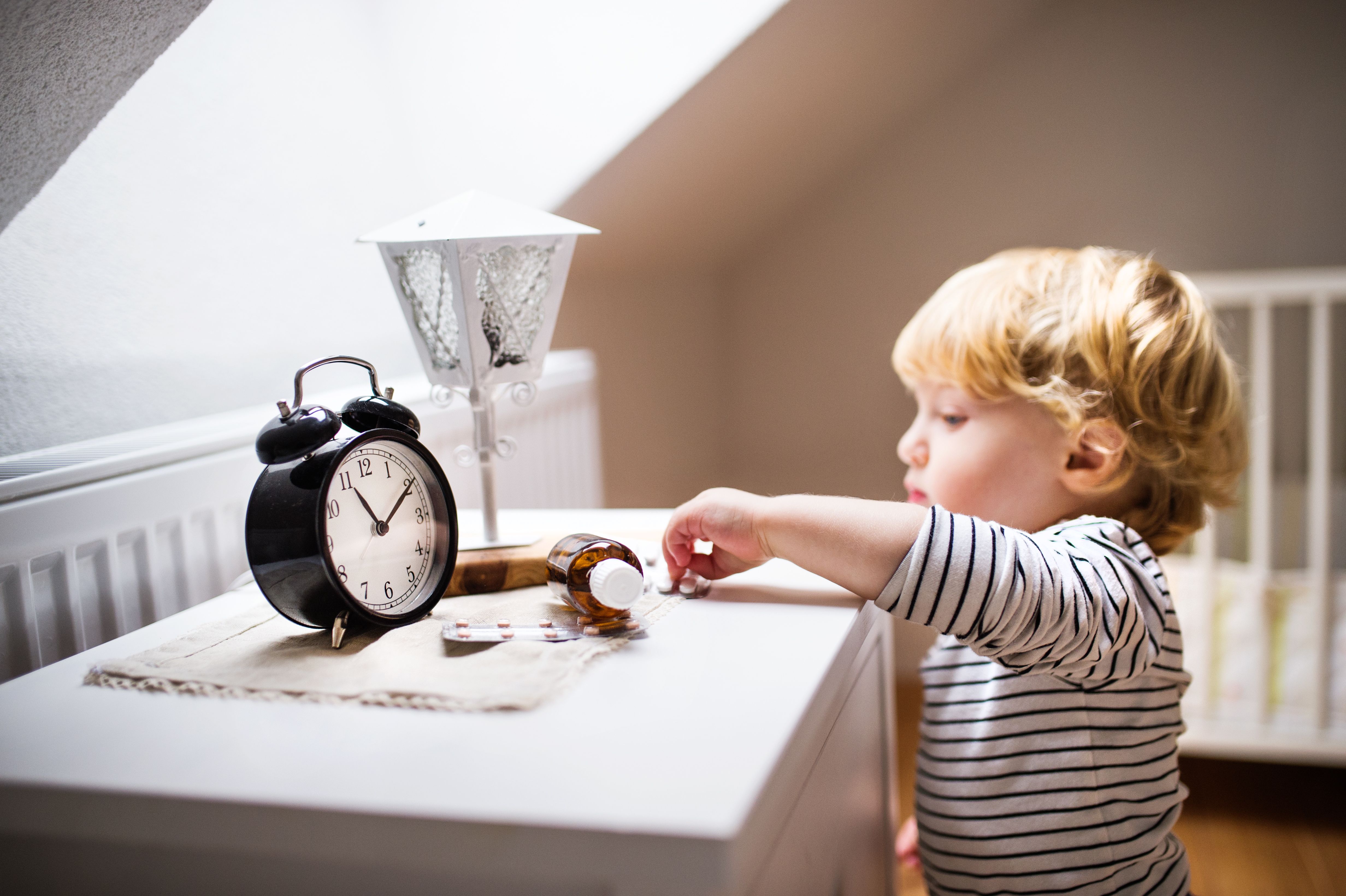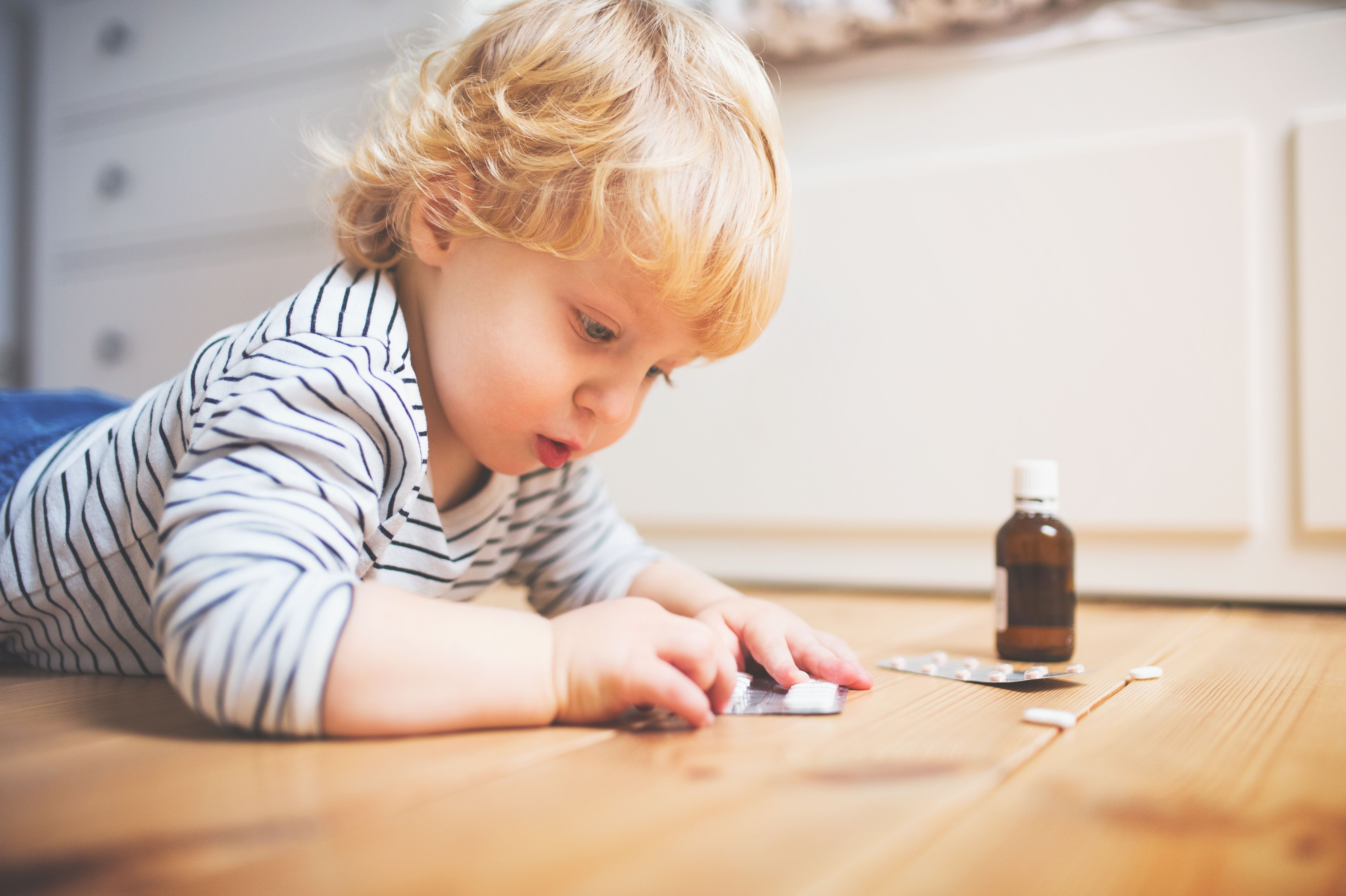Tips for Keeping Your Child Safe Around Medicine
Every year, around 60,000 children in the United States wind up in the emergency room after getting into medicine that they shouldn't have. Almost all of the cases could have been prevented by proper storage and disposal. Prescription medications, over-the-counter meds, and even vitamins can harm a child if they can access them. To keep your child safe from medication, use the tips below.

Storing Medicine
All medicine in your home should be stored out of your child's reach and sight. Children are curious, especially when it comes to you and the things you do. If they see you taking your medication, and it is in an easily accessible spot, they may want to try it for themselves. Consider all of the spots where you may have medicine, like your purse or nightstand. Store these medications high up, and place your bags out of reach, too. Additionally, make sure to put away your medicine immediately anytime you use it.
Don't forget about the products that you don't traditionally think of as medicine. Eye drops, vitamins, diaper rash creams, and other health products can also be damaging to a child. Keep these items in an out of sight and unreachable location, just as you would with your prescription medications.
Additionally, try to store medicine in child-resistant packaging whenever you can. Keep in mind, however, that child-resistant does not necessarily mean child-proof. With a bit of determination and effort, some kids may still be able to open child-resistant packaging. No matter if you use secure packaging or another kind of pill container, you must always keep these items out of the reach of your kids.
Giving Medication Securely
When giving your child medicine, you should also take care to do it safely. Start by reading the label on the bottle or the information packet provided by the pharmacist. Read the list of active ingredients and ensure you are not giving your child more than one medication with the same active ingredient. Closely follow the dosing instructions on the label. Always use the dosing device that was provided with the medicine, too. This will provide a much more accurate measurement than a teaspoon or tablespoon from your kitchen.
Disposing of Medicine
If you have unused, unwanted, or expired medicine in your home, it's vital to dispose of them properly. By clearing out your medicine cabinet periodically, you can lower the chances of your child accessing old and unused medication. Don't flush medicine down the toilet. A lot of areas have medicine take-back programs that allow people to get rid of unwanted medication easily. Check with your town to see if there is an upcoming event in your area.

Talking to Your Children
A big part of keeping your child safe around medicine is having an honest conversation about it. Let your child know that only a trusted adult should give them medicine. They need to learn that they should not take medicine on their own, but rather ask a parent or caregiver to give it to them. Focus on setting a good example for your kids, too. When taking medicine, always read the bottle first and follow the dosing instructions. If you have older kids, teach them how to take medicine correctly and responsibly on their own.
